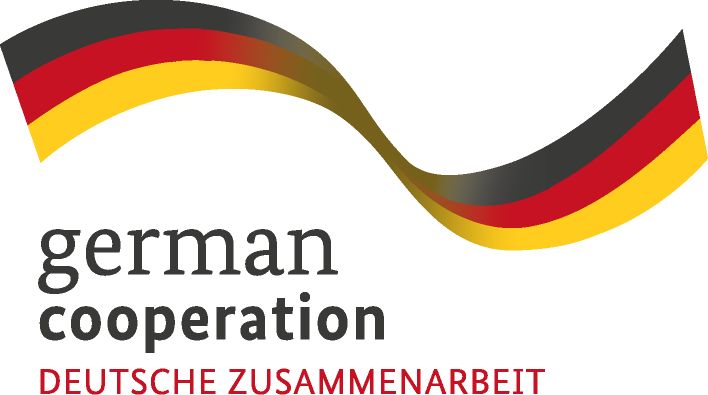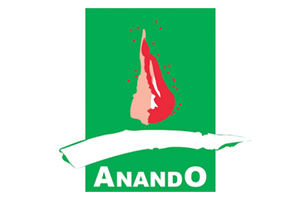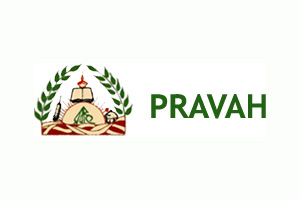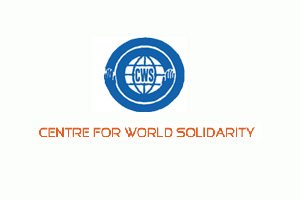Agriculture and Environment
Agroecological approach to improve farms and food systems
The Sustainable Integrated Farming Systems (SIFS) Programme supports farmer groups to transform their farms into more productive and sustainable systems. 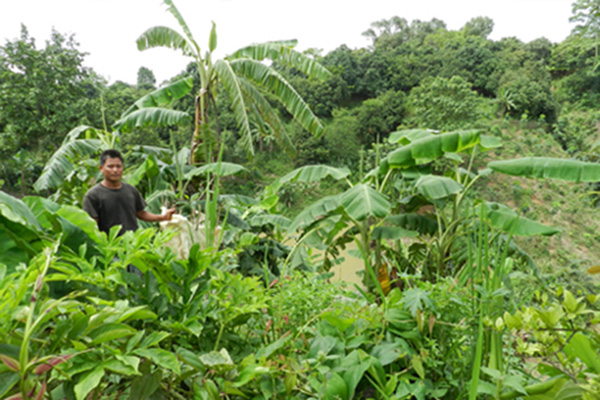
Sustainable Integrated Framing Systems (SIFS) programme aims to capacitate farmers to adopt diversified farming systems including multiple livelihood options based on natural resources to get more benefit from their produce.
The SIFS approach moves away from individual crop performance to increased system productivity. Based on agro-ecological zones, combinations of crops, horticulture, afro-forestry, livestock and aquaculture are integrated into an interactive relationship. Use of external inputs is minimized by enhancing the recycling of materials within the farm system. SIFS activities are built around selected, inter-dependent, inter-related and often inter-linking production systems based on crops, animals, and related subsidiary professions.
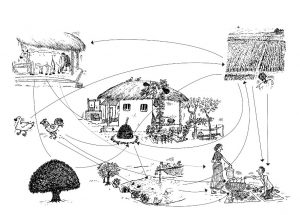
Nutrition is vital
Nutrition is an integral component of SIFS and farm planning also includes designing homesteads, gardens, pathways and water bodies to ensure year round healthy organic food for the household. The approach also integrates the smallholder farmer with the market by building up capacities of value chain analysis and business development. Credit and market linkages are provided, and small farmers are organized for enhanced competitiveness. In some areas, farmer groups are also federated to establish a Common Facility Center to semi-process and market their produce.
The initiative was taken up in collaboration with 8000 small holder farmers in dry areas of Eastern India, terrain region of Nepal and hilly region of Bangladesh – and eventually scaled up to another 15000 farms in India. Apart from intended improvement at the farm and household level in terms of resilience, diversity, system efficiency and productivity, we found
- Ecosystem services like pollination, biodiversity, water availability, conversion of fallow season/land to productive enhanced reasonably
- In the process, the farmers became innovative, self-reliant, analytic and technologically sound to assess their own resources, strengths and stresses.
- Local economy is strengthened through farmers’ cooperative for value chain improvement which also enhance market access of the small farmers, who usually remains outside of the value chain.
- As the planning capacity and cohesion among the farmers are increased, they become efficient in accessing mainstream fund for creating productive assets in the village.
Currently, we are also extending the idea in mountain areas by developing community resource person for improving Nutrition in Mountain Areas, in collaboration with IFOAM. UNICEF in collaboration with NRLM has upscaled this idea in the state of Bihar as Nutrition Sensitive Integrated Farming Systems (NSIFS).
Find out more about the approach and programme : SIFS India
Integrated Farming for a better life
‘Our food tastes so much better now that we don’t use any chemicals’
